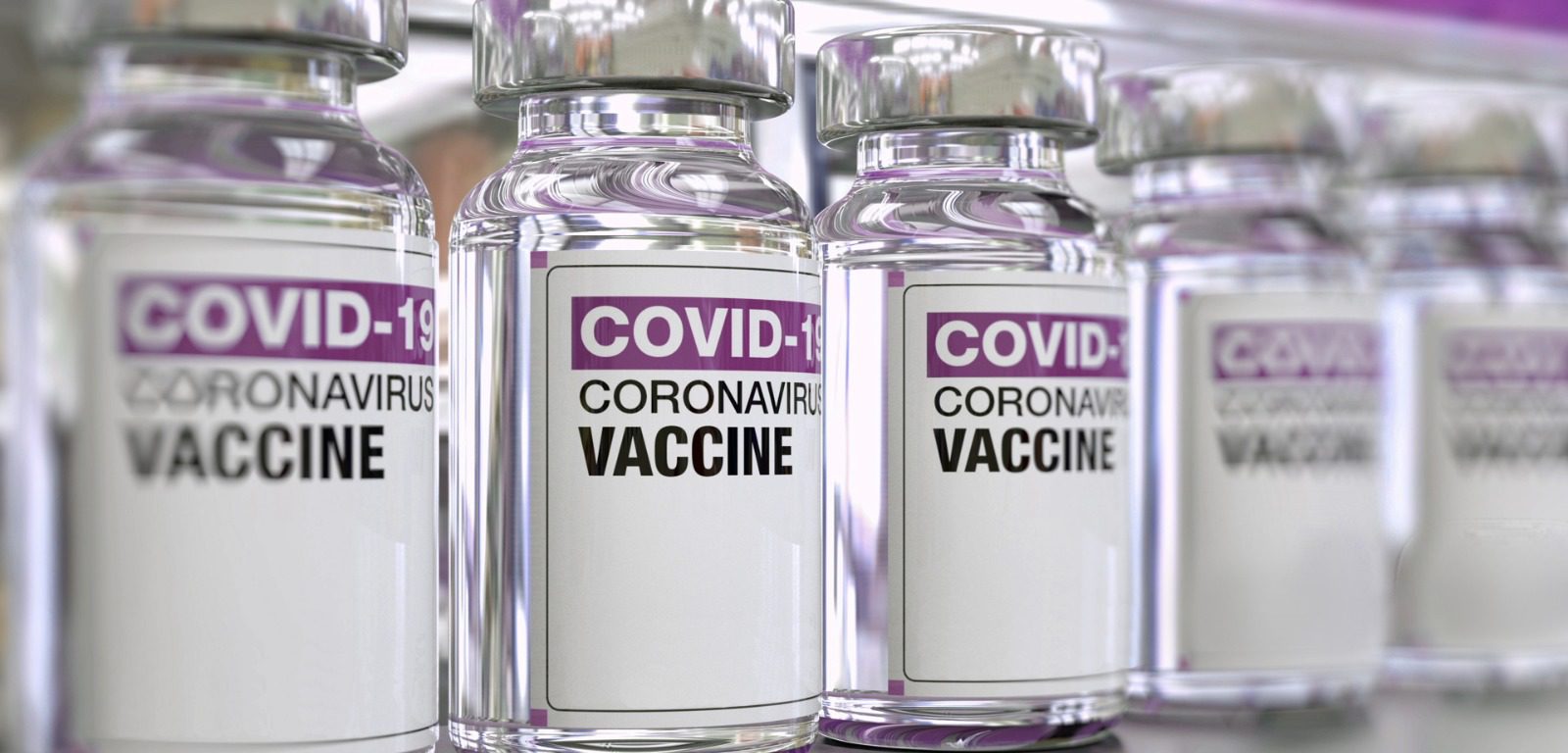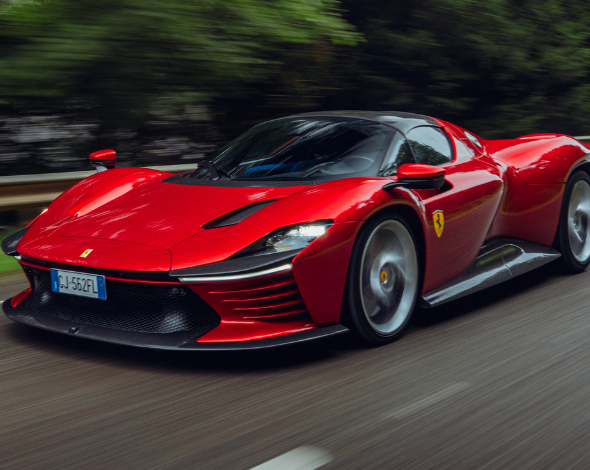On Thursday, Deputy Prime Minister and health minister Chris Fearne announced that Malta’s first shipment of the AstraZeneca COVID vaccine would be arrive in the country on Sunday.
Speaking at the Sir Anthony Mamo Oncology Centre, Mr Fearne told reporters that as a result, the original plan for the vaccination of vulnerable persons will be accelerated, with effect from mid-March.
From next week, he said, vulnerable people of every age will start receiving letters with an appointment for the vaccination which will be administered from the second half of February onward.
Controversy has surrounded the AstraZeneca vaccine since even before it was approved by the European Medical Agency last Friday.
EU authorities, that have drawn criticism for their relatively slow vaccination program derided an announcement by AstraZeneca that vaccines deliveries to the bloc would be drastically cut.
Debate raged, and at one point, the EU invoked an emergency provision of the Brexit deal, which would have allowed them to cut off free trade through Northern Ireland – a move which would allow the bloc to force Britain to provide a share of the vaccines produced in the UK, by cutting them off from other vaccines produced at facilities in the EU.
Finally, a step forward was made, as AstraZeneca said it would deliver an additional nine million doses of the vaccine to the EU and would start deliveries one week earlier than scheduled.
Regardless, many EU countries have said that they will be limiting the vaccine to younger people, as they say not enough data has been provided relating to its impact on elderly people.
In Malta, it was announced on Tuesday, the AstraZeneca vaccine will be limited to people under-55.
Featured Image:
AstraZeneca
MFSA flags ‘misalignment’ between objectives and public expectations of green loans
Green investment is nonetheless expected to balloon over the coming years
Super rare Ferrari Daytona SP3 spotted cruising along Malta’s roads
The car is currently being traded for a whopping €4 million
Mandatory skills pass for Maltese and EU nationals deferred for a year
The skills pass remains obligatory for third country nationals






